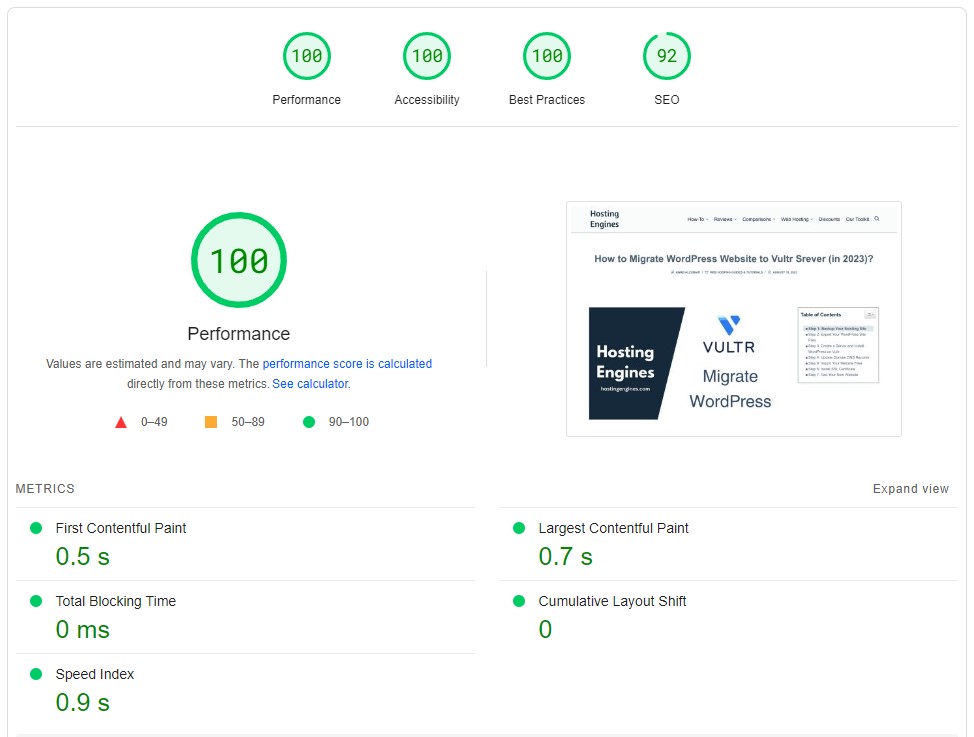Nowadays, having a website is important for businesses and individuals alike. However, some people are often surprised by the costs associated with web hosting.
“Why is web hosting so expensive?” is a common question that arises when budgeting for an online presence.
While the cost of web hosting varies from cheap to expensive based on many factors, in this post, we’ll delve into the various factors that contribute to web hosting costs.
Reasons Why Is Web Hosting Expensive
1. Infrastructure and Hardware Costs
At the core of web hosting are the physical servers and data centers that house your website’s data. These aren’t your average computers – they’re high-performance machines designed to run 24/7 and handle multiple websites simultaneously. The costs associated with this infrastructure include:
- Server hardware: Industrial-grade processors, large amounts of RAM, and fast SSD storage.
- Networking equipment: Routers, switches, and load balancers to manage traffic.
- Power systems: Uninterruptible power supplies and backup generators.
- Cooling systems: Sophisticated air conditioning to prevent overheating.
This hardware needs regular maintenance and upgrades to keep up with technological advancements and increasing demands.
2. Bandwidth and Data Transfer
Every time someone visits your website, data is transferred from the hosting server to the visitor’s device. This data transfer, known as bandwidth, comes at a cost. High-traffic websites require more bandwidth, which in turn increases hosting costs. Many hosting providers offer unlimited bandwidth, but this is factored into their pricing structure.
3. Security Measures
With cyber threats on the rise, web hosting companies invest heavily in security measures to protect their clients’ websites. These include:
- Firewalls and intrusion detection systems
- DDoS protection
- SSL certificates
- Regular security audits and updates
- Malware scanning and removal tools
The costs of implementing and maintaining these security features are reflected in hosting prices.
4. Technical Support and Customer Service
Quality web hosting providers offer 24/7 customer support. This means having a team of skilled technicians available around the clock to address issues and answer questions.
The costs of hiring, training, and maintaining this support staff contribute significantly to overall hosting expenses.
5. Software Licenses and Management Tools
Web hosting companies often provide a range of software and tools to help you manage your website. These may include:
- Control panels (e.g., cPanel, Plesk)
- Content Management Systems (CMS)
- Email services
- Backup solutions
Many of these tools require licensing fees, which are built into the hosting costs.
6. Scalability and Performance Optimization
As your website grows, you’ll need a hosting solution that can scale with you. High-quality hosts invest in technologies that allow for easy scaling and performance optimization, such as:
- Content Delivery Networks (CDNs)
- Caching systems
- Load balancing
- Resource allocation tools
These features ensure your website remains fast and responsive as traffic increases, but they also add to the overall cost of hosting.
7. Compliance and Regulations
Depending on your industry and location, there may be specific regulations that your web host needs to comply with (e.g., GDPR, HIPAA).
Meeting these compliance standards often requires additional investments in infrastructure, security, and processes, which can drive up hosting costs.
8. Profit Margins and Business Costs
Like any business, web hosting companies need to make a profit to stay operational and continue improving their services.
The pricing also needs to cover other business expenses such as marketing, sales, and administrative costs.
Read: Monthly vs. Annual Web Hosting Subscription: Which Is Better?
Conclusion
While web hosting may seem expensive at first glance, the costs are justified when you consider the complex infrastructure, advanced technologies, and skilled personnel required to keep websites running smoothly and securely.
Cheap hosting options do exist, but they often come with limitations in performance, security, and support.
When choosing a web hosting provider, it’s important to consider the value you’re getting for your money rather than focusing solely on the price. A reliable, secure, and high-performance hosting service can be crucial for your website’s success and can save you money in the long run by preventing costly downtime and security breaches.
Ultimately, the cost of web hosting reflects the sophisticated ecosystem needed to keep the modern internet functioning. As technology continues to evolve and cyber threats become more complex, we can expect hosting costs to reflect these ongoing challenges and advancements.






